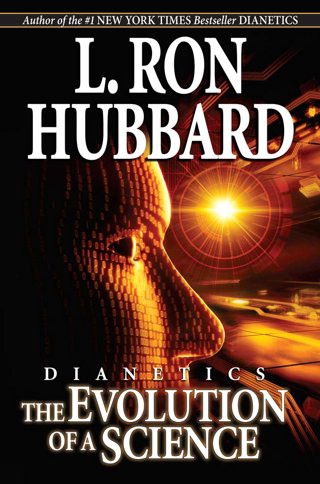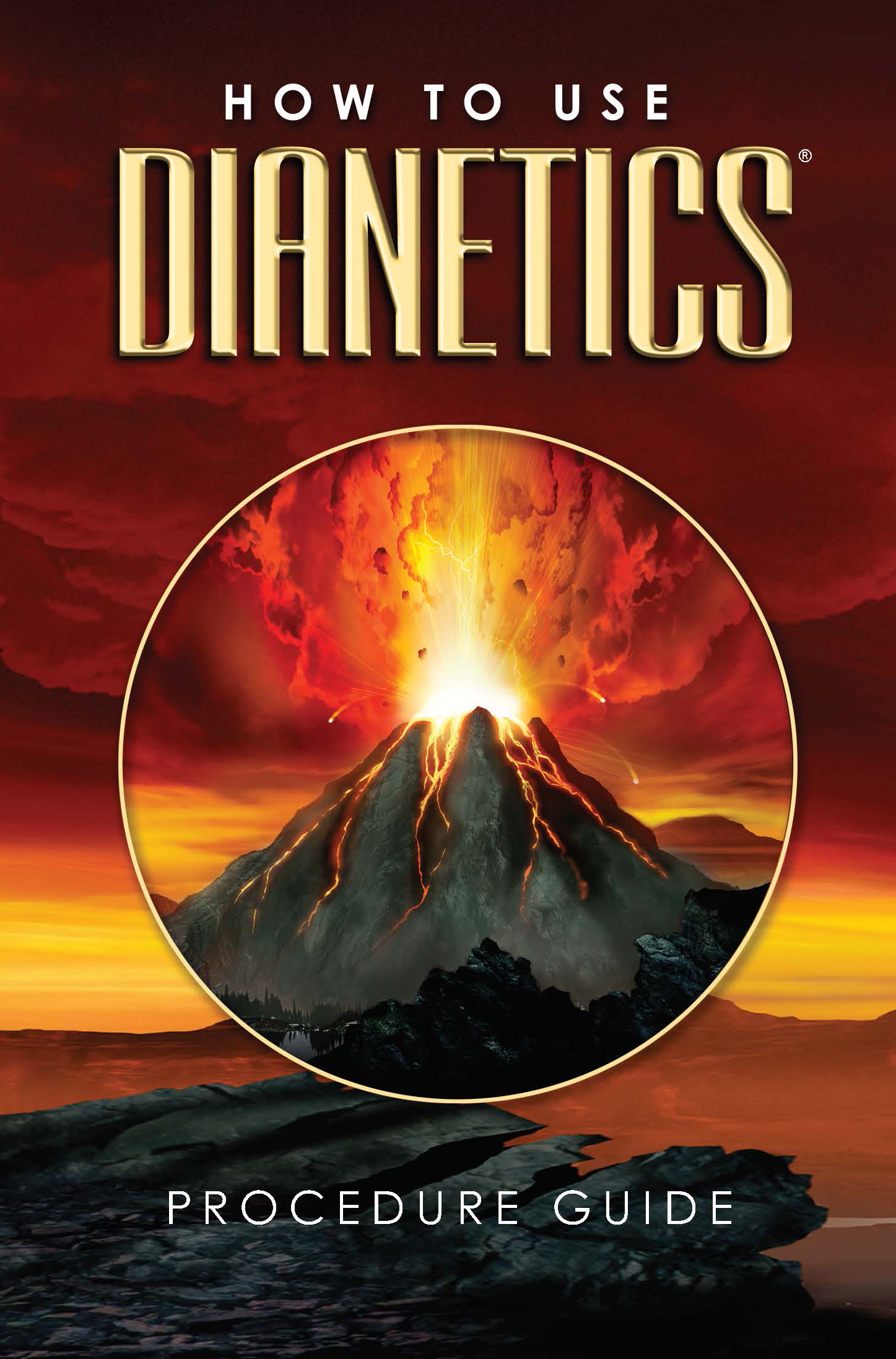3 Easy Facts About Dianetics Explained
Wiki Article
Facts About Dianetics Uncovered
Table of ContentsDianetics Things To Know Before You Get ThisSome Known Incorrect Statements About Dianetics About DianeticsFascination About Dianetics
I couldn't ever before not desire to get anything that comes to mind for you- if it was otherwise, I wouldn't be resting right here with you, doing this. I not only could never ever have an issue, or not want to listen to something that comes to mind for you, yet I'm totally excited to know every concept, every thought, every image or sensation that emerges or materializes for you- don't ever before believe otherwise, and if somehow you do, please just allow me recognize! In some cases, you might have a thought, and photo, idea or incident appear that does not seem to answer the inquiry, or connect to it, yet nonetheless, constantly do inform me concerning it, and as we proceed, the relevance will arise for you.This is inherent in the basis of processing, and the topic of this conversation: the fundamental duties of the counselor and the customer: The basic role of the therapist is, in contrast to "standard training", not to manage, which suggests to impose and/or inhibit, however to rather work from the basis of EMPOWERING THE CUSTOMER.

Things about Dianetics
John Mcmasters revealed this standard reality splendidly well in one of his lectures on Power handling, in which he discusses just how he was asked what this "special propensity" was that he had for providing such terrific sessions; he needed to think of that for a minute, and detected that it was what he had not been doing, in addition to what he was doing: he had not been evaluating, judging, computing, or actually, creating any type of thoughts, not to mention spoken expressions, after offering the command and while waiting on the computer to complete their response to their contentment; he was, simply and only, existing with the PC, and completely interested.The role of the counselor, demonstrated; that was his "unique propensity". I have actually had my own experience which instructed me this well, extremely at an early stage in the video game. In 1982, having actually just recently completed my training and internship on New Age Dianetics, I was running this on a COMPUTER, and there was a factor in the session where (being a little bit wet behind the ears not yet having numerous hours under my belt as an expert auditor) the PC seemed to be "taking as well long" to express anything verbally after I offered him a command.
This key ended up being the most beneficial payment that John ever before made to the subject of therapy or bookkeeping (Dianetics). In my humble opinion, it is the greatest payment that any individual has ever made to these subjectsthe application is completely non-judgemental, non-evaluative, and lacking any kind of idea, guidance or opinion.no preconditioned schedule for individuals, or 'levels' that they must do
In Idenics, the only resource of information regarding a customer is the specific look at this website customer. In Scientology we prided ourselves on not examining for people. All that truly meant was that the auditor did not Vocally review for the Computer in session. The registrars and ethics police officers examined for the PC.
The Ultimate Guide To Dianetics

Any person who had actually ever seen John audit could not assist but notice an one-of-a-kind high quality in his bookkeeping."The client's standard function is to be there with the objective of relocating in the instructions of their spiritual goals, and to easily and totally reveal and experience whatever shows up for them in answering the concerns and executing the directions in the handling.
This is something to process as needed. Also, individuals frequently have prior experience and/or brainwashing in auditing/processing which, in some means, and to some levels, in fact misleads them right into mindsets, ideas and actions patterns that protect against the complete understanding of these functions, and so they will certainly often tend to hinder the expressing of what comes to mind, as in the examples given above - Dianetics. * The first, and possibly primary instances of mis-indoctrination bring about much less than entirely smooth and reliable sessions, can be discovered in particular elements of the training regimens, or "TR's":"TR's" are commonly an individual's very first, or at the very least early, experience in Scientology, More Bonuses and while I will go on to discuss what I see as the flaws in concept and practice, however, have a tendency to be considerably restorative, done as they are provided (Hubbard insists that "TR's are not processing, they are educating", yet factually, they are both handling AND training)
Alan Walter made comparable monitorings, and improved these with his "Visibility Processes". There is no "flunking", and no denial of the fact of this being processing. The emphasis, as it should be, gets on experiencing the various other individual's visibility. All the symptoms which get a "flunk" in doing "TR-0" are merely Homepage the being's initiatives to withstand the other individual's existence, and instead of being bothered and pestered with "Flunk", which enforces "failing!" on the being, one simply needs to be urged to "stick their feet in the water a little much deeper", to progressively restore their ability and willingness to totally share and experience "being right here", or "presence", with others.
Some Of Dianetics

Report this wiki page